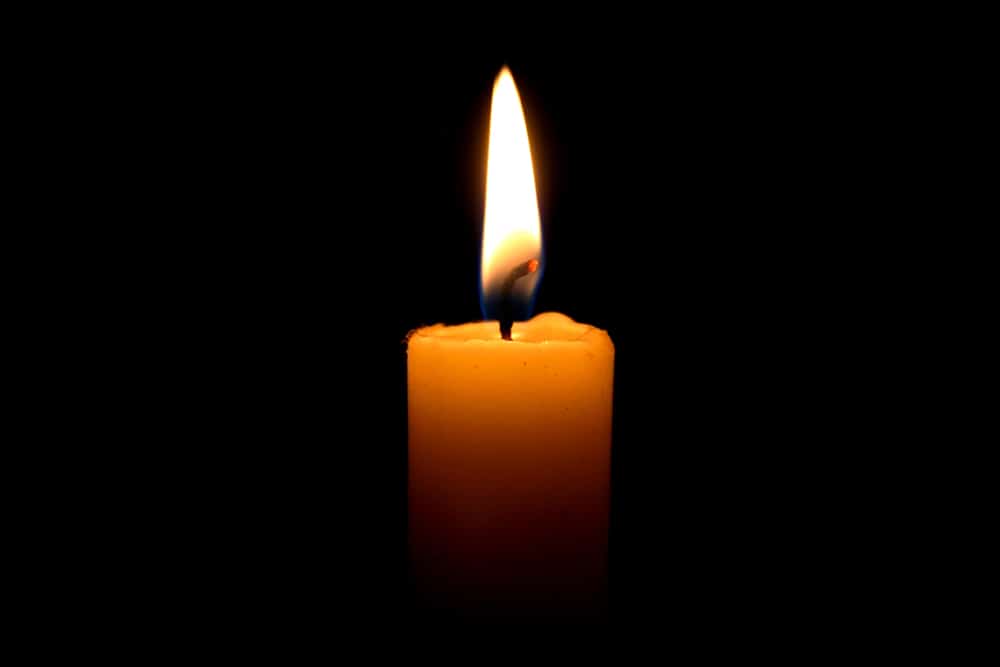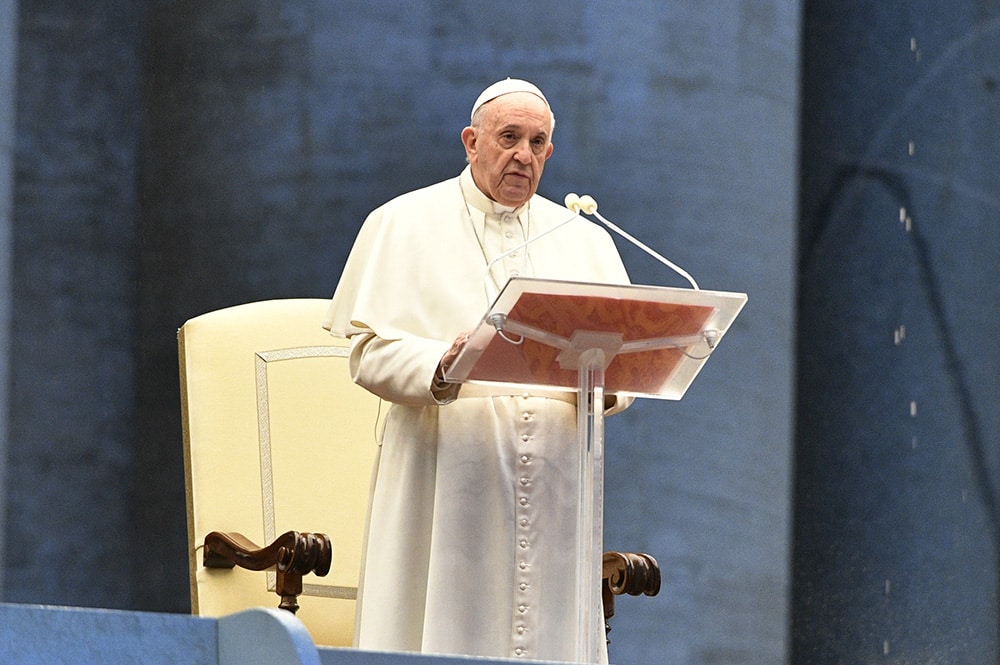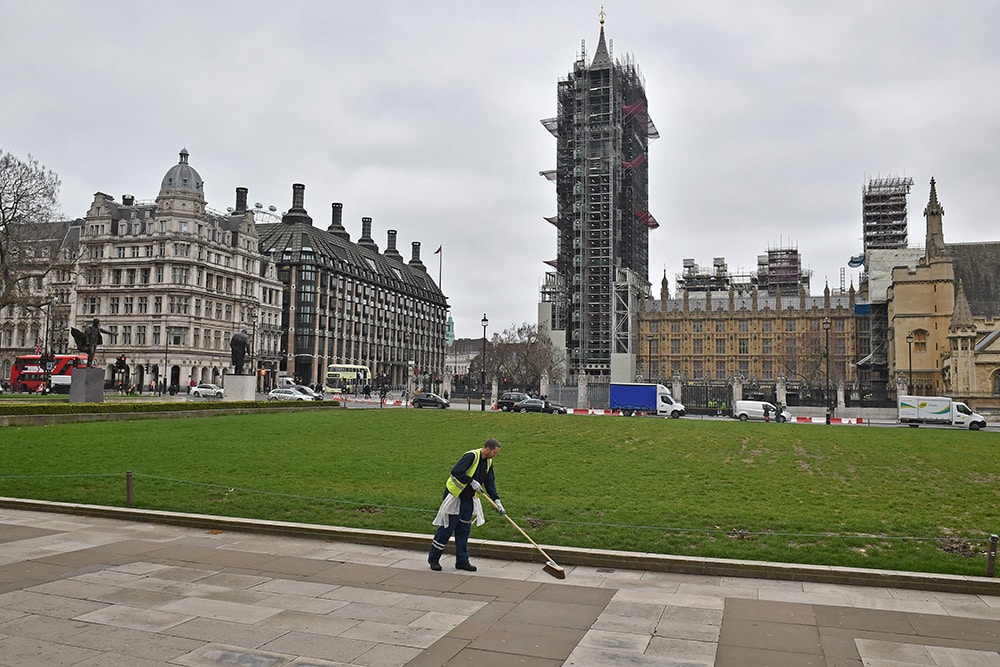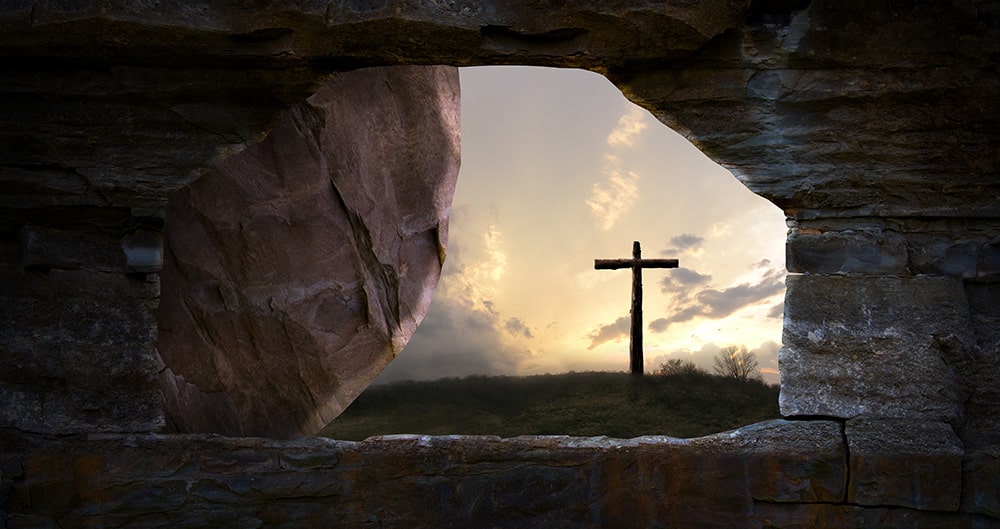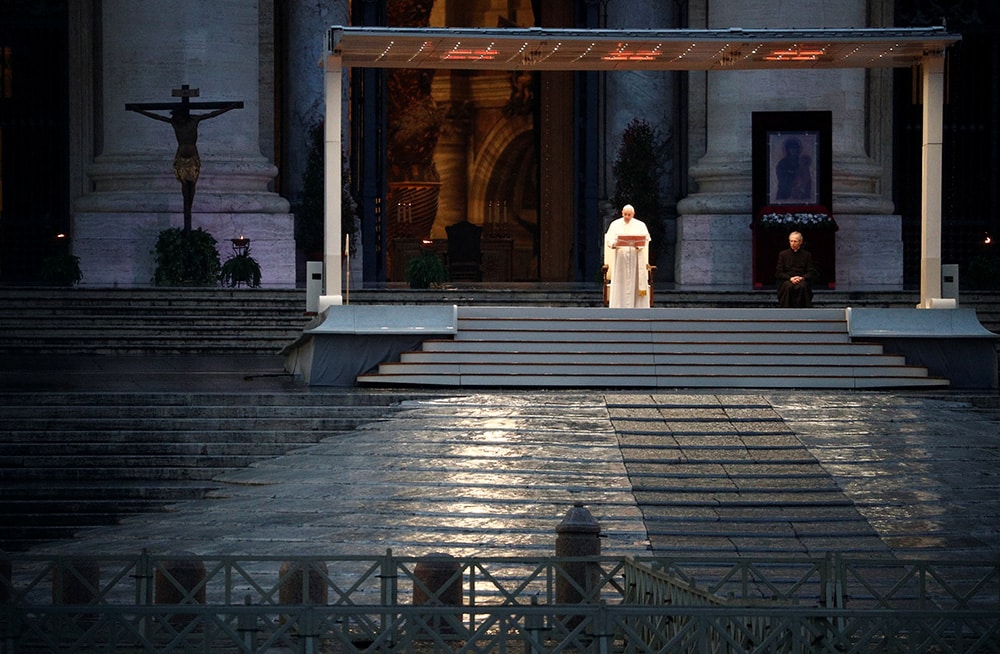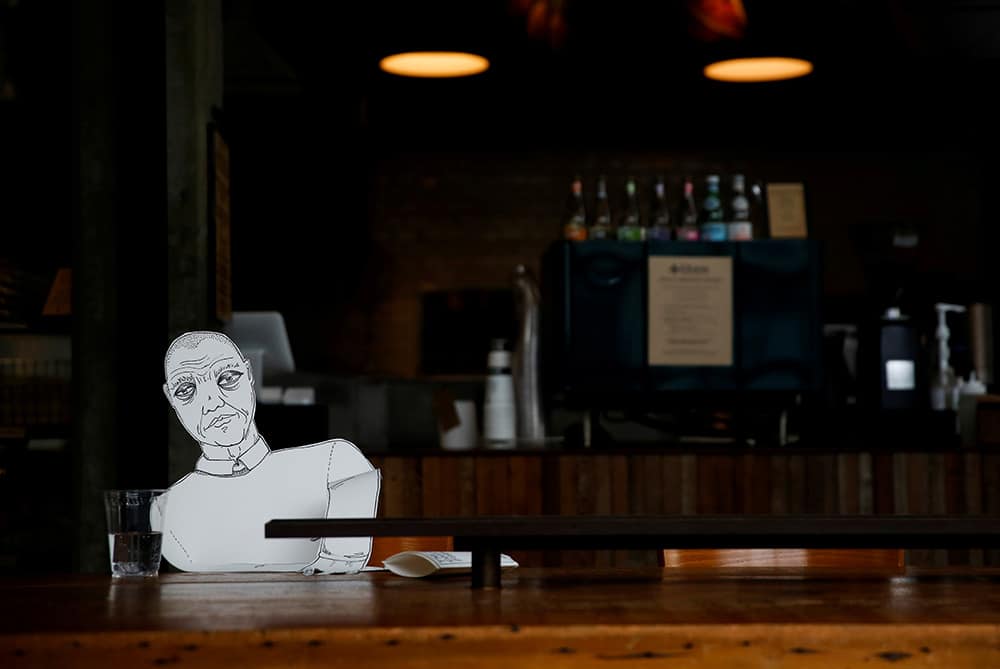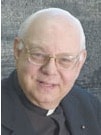 This you can never say: Jesus led people down the primrose path. In fact, the Lord was blunt and clear, warning followers that they would have to carry their crosses, predicting that St. Peter would be led to places that he preferred not to go, and that the Temple in Jerusalem would be destroyed.
This you can never say: Jesus led people down the primrose path. In fact, the Lord was blunt and clear, warning followers that they would have to carry their crosses, predicting that St. Peter would be led to places that he preferred not to go, and that the Temple in Jerusalem would be destroyed.
His first disciples needed such frank advice. So do we. All humans need to be awakened to the fact that unwanted things come our way, that we cannot control everything and that, in reality, we are quite helpless in many respects.
If nothing else, the current coronavirus pandemic, and the unprecedented difficulties that it is thrusting upon millions and millions around the world, including Americans, is a dark cloud, but it has a silver lining if it brings us to face the facts of who and what we are: human beings, nothing less but nothing more.
Curing this virus, and most viruses, for that matter, is beyond the reach of the most brilliant of scientific human minds, and such has been the case throughout human history. Physicians can be taught many things, but no one has discovered how to eradicate this and many, many other problems that beset the human body and mind.
With all our resources, we are limited, and this epidemic proves it. It is a lesson that our day and age desperately needs to learn.
The pandemic also teaches us that we have potential. We are nothing less than human beings, with amazing potential, and human potential is magnificently expanded and enriched when it is impelled by the example of, and love for, the Lord.
A friend in Nashville, Tennessee, my hometown, at home under the city’s safety-at-home order, called to ask about me, and in the conversation he noted that he had never experienced a time when Nashville had come to a standstill. He asked if I knew of anything like it in history.
|
Want more coverage on coronavirus from a perspective of faith? Sign up for our daily newsletter.
|
I thought for a moment, and then I recalled a story told me in my childhood by my grandparents, whose own parents had lived through the Civil War.
Nashville was the first of the 11 Confederate state capitals to fall to an advancing Union army. As is the practice of occupying military anywhere and in any war, the federal army that took Nashville immediately shut everything down. Keeping people off the streets and containing resistance was the policy, tried and true.
All schools were closed, except one. St. Cecilia Academy, which still is operated by the Nashville Dominican Sisters, was allowed to continue its classes. In Tennessee’s other major city at the time, Memphis, Catholic nuns secured for themselves a place still remembered, and revered, in the city.
In both places, the nuns left the security of their convents to nurse the wounded, Confederate or Union. Furthermore, in both cities, nuns took the bull by the horns to open facilities for children who were homeless because of the war. The sisters cared for people.
Hardly would the nuns have been targets of gunfire, either by Confederate or Union soldiers, but they took risks nonetheless, because, ultimately, they believed that every human being is precious.
In 1928, an important national politician visited Memphis to campaign against Catholic Alfred E. Smith, complaining about Smith’s religion. A leading local citizen, a Protestant, confronted him, saying, “When I hear ‘Catholic,’ I think of good, God-fearing, caring people. Leave us alone.”
Wars and pandemics come. We have no control, as we cannot control much of what occurs in human life, being nothing more than human beings.
We are nothing less than human beings, as well, able to bring good into the worst of moments. Hopefully, in this distress, we all will learn that we are at our best when we acknowledge our need for God, recognize the value of each person and live in the example of Jesus.
Msgr. Owen F. Campion is OSV’s chaplain.

